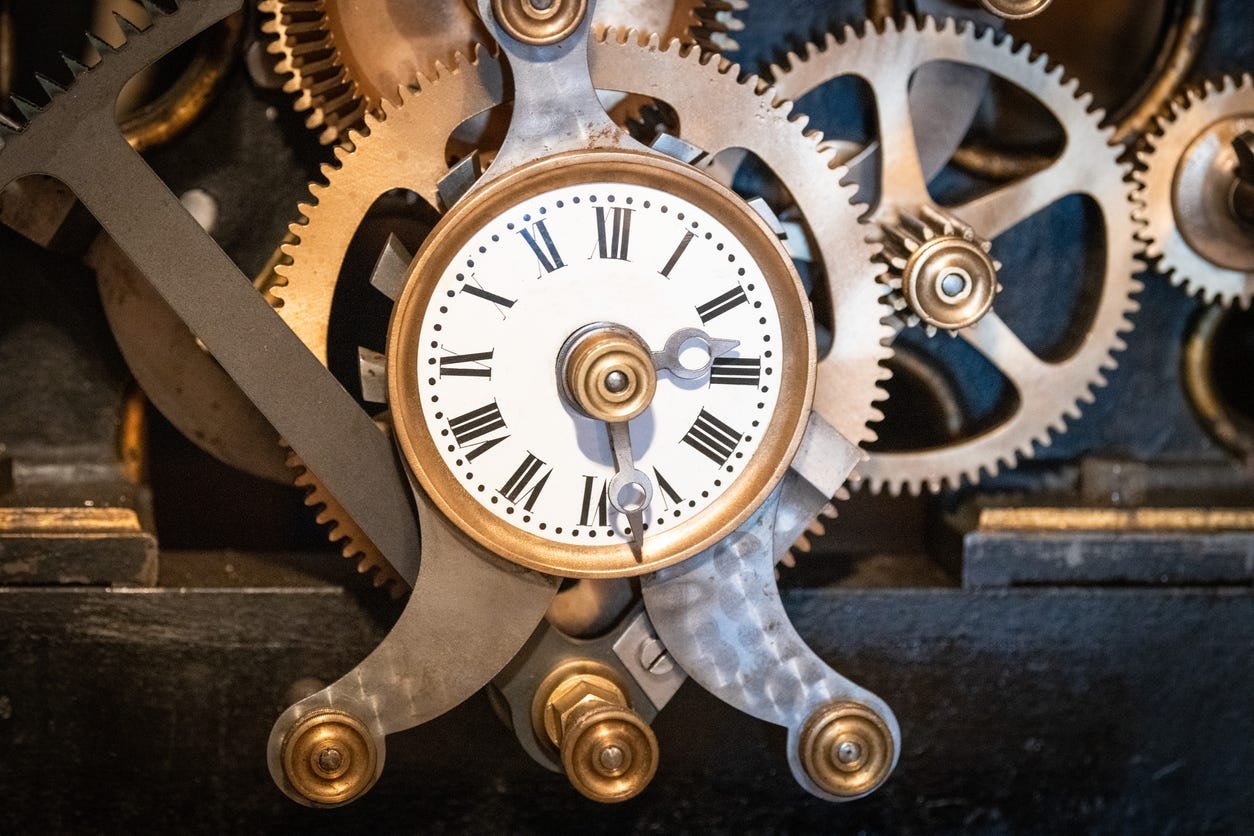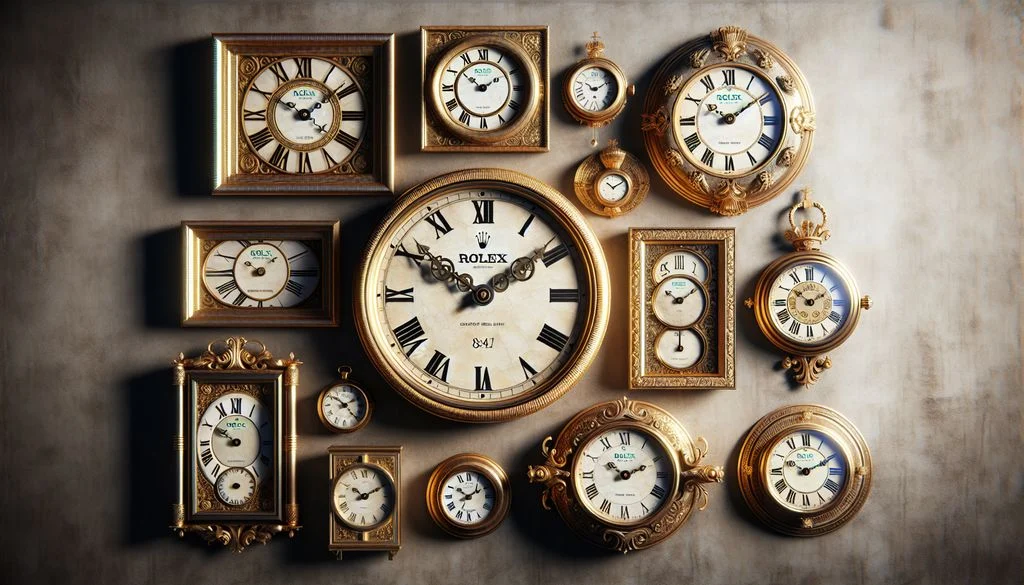Clocks have a fascinating history, evolving from simple timekeeping devices to complex instruments that shape modern technology. Their influence extends far beyond telling time, impacting various fields of technology and innovation. This article explores how clocks have played a crucial role in shaping modern technology and continues to drive advancements.
1. Precision and Timekeeping
Clocks and precision have been fundamental to technological progress.
- High-Precision Instruments: Modern technology relies on highly accurate timekeeping. Atomic clocks, for example, provide unparalleled precision, essential for GPS systems and telecommunications.
- Synchronization: Precise clocks ensure the synchronization of systems across different locations. This synchronization is vital for everything from financial transactions to internet data transfer.
In summary, precise timekeeping devices are crucial for the functionality and efficiency of modern technology.
2. Technological Advancements
Clocks have driven significant advancements in technology.
- Computers: Early computers used mechanical clocks to time operations. Today, quartz and atomic clocks are integral to computer systems, managing processes and data.
- Communication Systems: Clocks synchronize data transmission in communication networks. They ensure that signals are sent and received accurately, maintaining the integrity of information exchange.
In summary, advancements in clock technology have propelled developments in computers and communication systems.
3. Innovation in Consumer Electronics
Clocks influence consumer electronics in various ways.
- Smartphones and Gadgets: Modern gadgets, including smartphones, use sophisticated clock mechanisms to manage tasks, alarms, and notifications. This technology helps maintain user schedules and enhance productivity.
- Wearable Technology: Smartwatches and fitness trackers incorporate advanced clock technologies to monitor health metrics, track time, and offer notifications. They merge functionality with innovative design.
In summary, clocks are central to the functionality and innovation of consumer electronics and wearable technology.
4. Impact on Scientific Research
Clocks play a vital role in scientific research and exploration.
- Astronomy: Accurate clocks are crucial for observing celestial events and mapping the universe. They help in tracking planetary movements and conducting space missions.
- Particle Physics: In particle physics, precise timing is essential for experiments and measuring subatomic particles. Clocks enable accurate data collection and analysis.
In summary, precise clocks are essential for advancements in scientific research and space exploration.
5. Economic and Industrial Applications
Clocks contribute significantly to economic and industrial sectors.
- Manufacturing: In manufacturing, precise timing controls automation and assembly lines. Clocks ensure efficient production processes and product quality.
- Financial Markets: Accurate clocks synchronize trading systems in financial markets. They enable real-time transactions and data analysis, crucial for market stability.
In summary, clocks enhance efficiency and accuracy in manufacturing and financial markets.

6. Future Innovations
Looking ahead, clocks will continue to drive future innovations.
- Quantum Clocks: Emerging quantum clock technologies promise even greater precision. These advancements could revolutionize fields like navigation, communication, and data security.
- Integrated Technology: Future innovations may integrate advanced clock technologies into new devices, further improving their capabilities and functionality.
In summary, ongoing advancements in clock technology will shape future innovations and enhance various technological fields.
7. Conclusion
Clocks have had a profound impact on modern technology and innovation. From precision timekeeping and consumer electronics to scientific research and industrial applications, clocks play a crucial role in shaping the technological landscape. As advancements continue, clocks will remain central to driving progress and innovation. Embracing these technologies will help us harness their full potential and explore new possibilities in the future.




